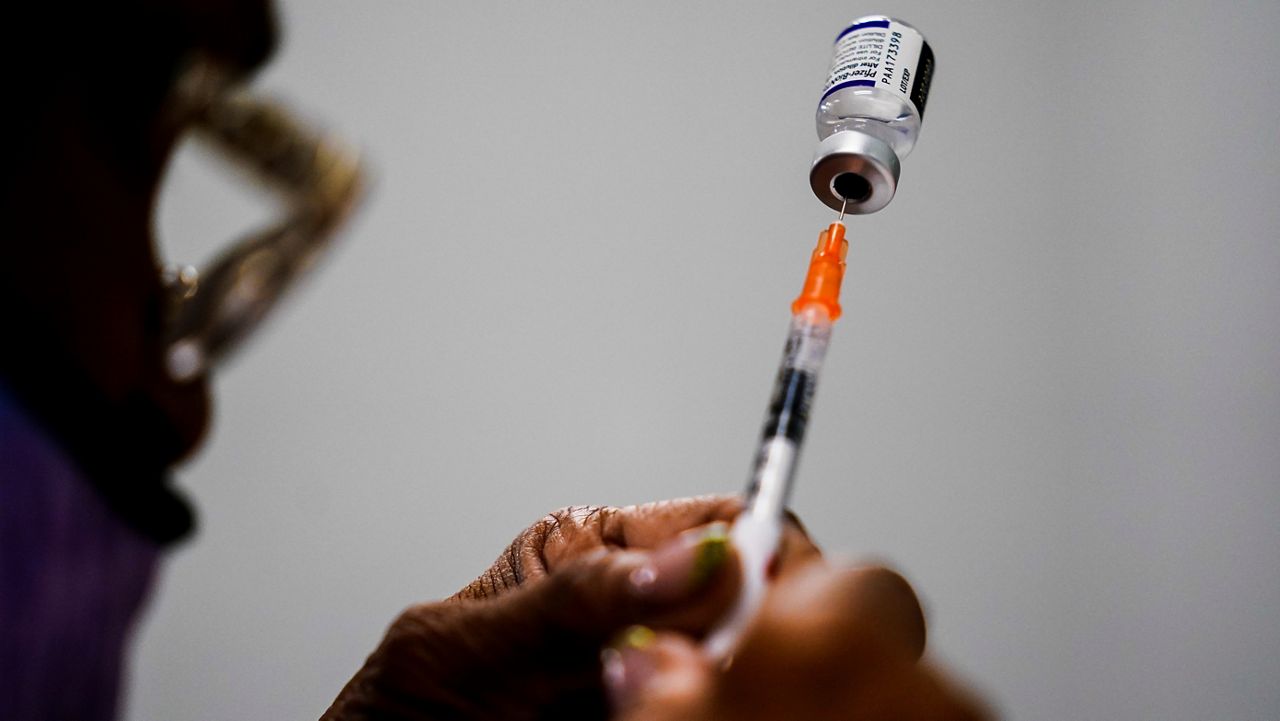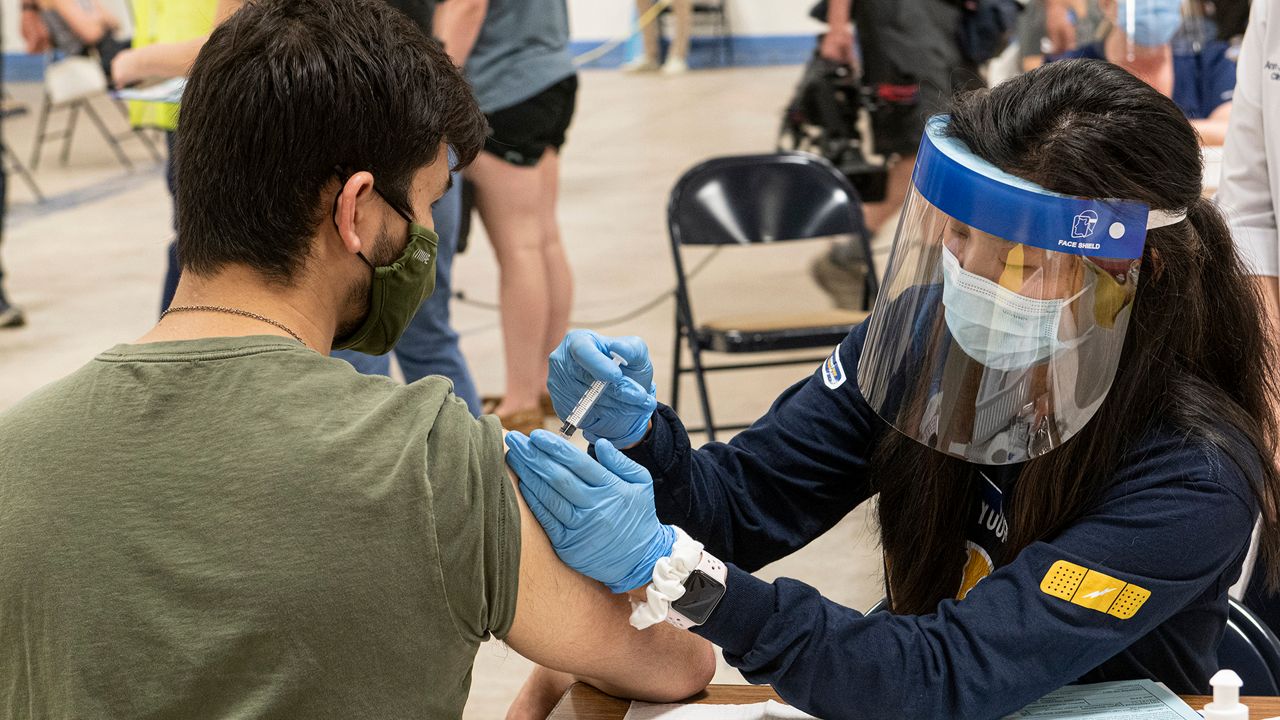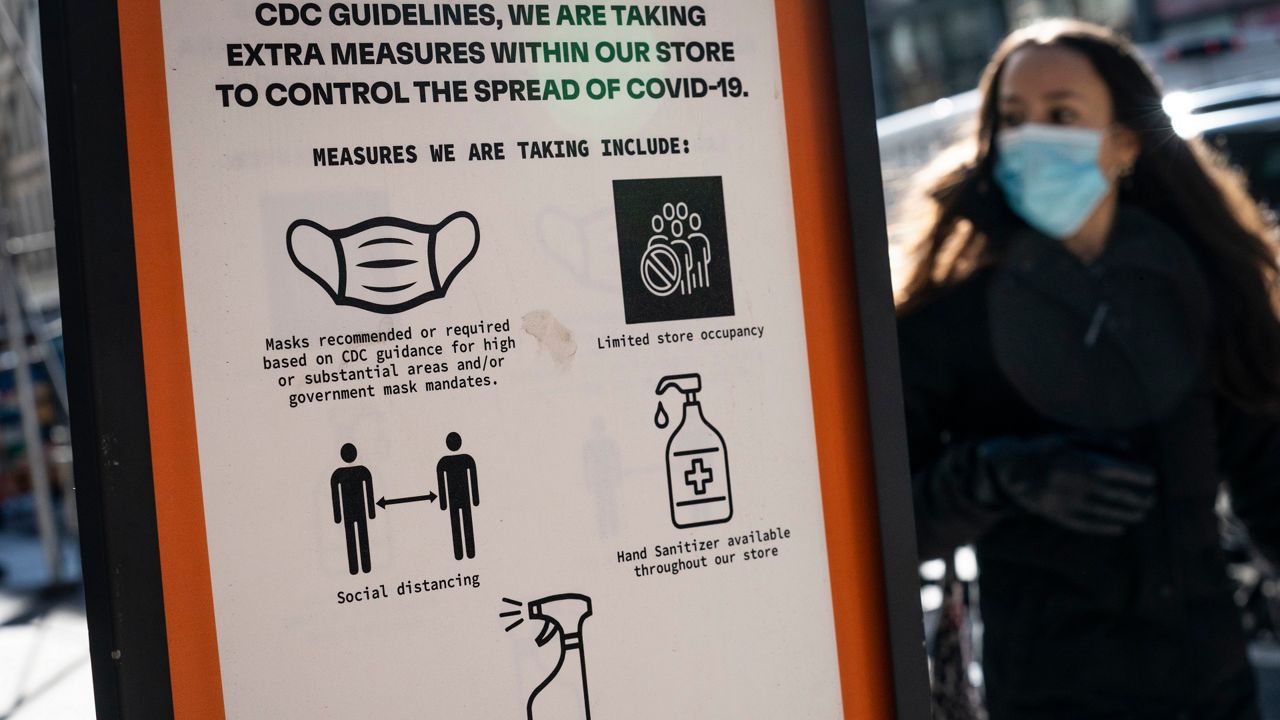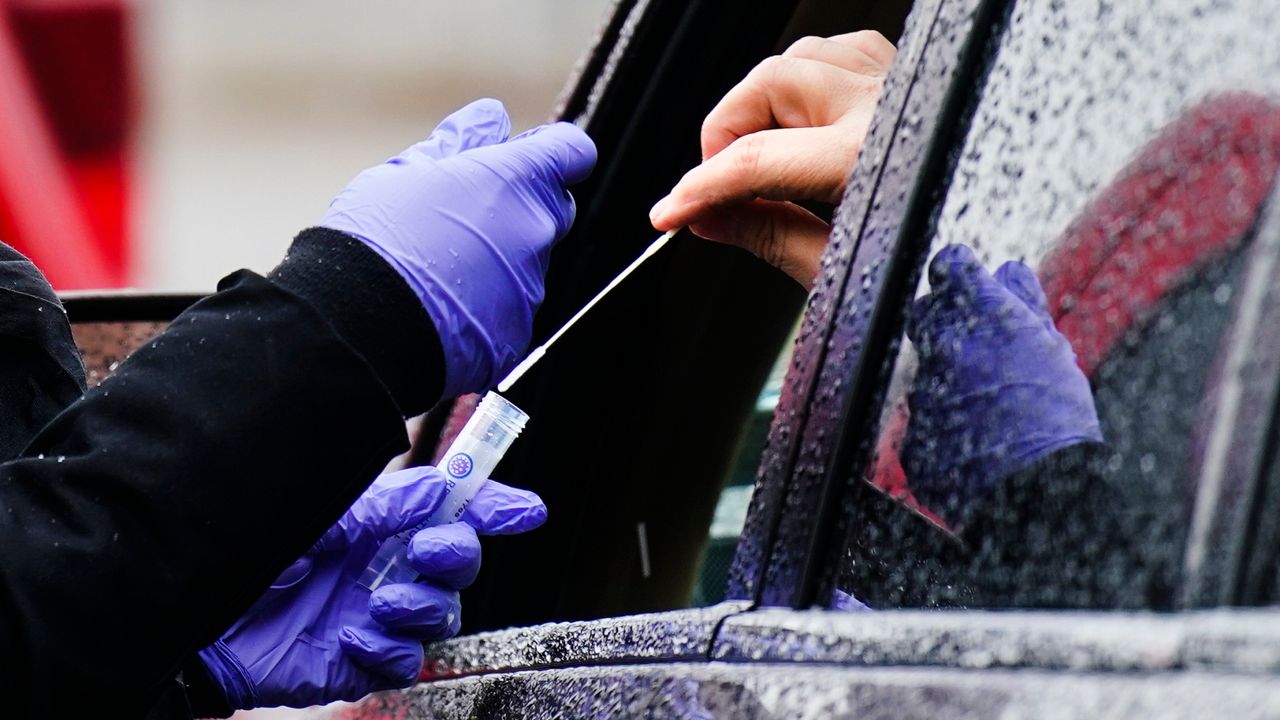WISCONSIN — Even someone up-to-date on all their COVID-19 vaccinations and boosted against the virus could not only face an initial COVID-19 infection more easily these days, but research shows their chances of contracting the virus again in a matter of weeks is now much higher.
"That virus is just doing a good job of evolving," Dr. Jeff Pothof, the chief quality and safety officer for UW Health, said. "Omicron variants BA.4 and BA.5 are even more contagious than the previous omicron variants that we found, and they're easier to get reinfected with."
Dr. Pothof said as the virus evolves, immunity periods may become even shorter. The level of protection against COVID-19 provided by previous infection or vaccination is not the same for all COVID-19 variants, according to the Centers for Disease Control and Prevention.
For instance, one study showed previous infection fought against reinfection from the alpha variant with 90.2% effectiveness. However, previous infection was only 56% effective in combatting the omicron variant.
"So, people who have had COVID — say a month ago, two months ago — thought that they were good, or if they were vaccinated or boosted a couple months ago, thought they were good, they're actually coming down with some symptoms with these new variants," Dr. Pothof said.
"People getting COVID more than once, more than twice, certainly seems to be the new reality," he added. "People getting COVID more than once, more than twice, certainly seems to be the new reality," he added.
Fortunately, Dr. Pothof added that fewer people to this point have been dealing with severe symptoms as the virus spreads this summer, though people who aren't vaccinated or are at-risk to severe medical complications need to take enhanced safety precautions until more data's known.
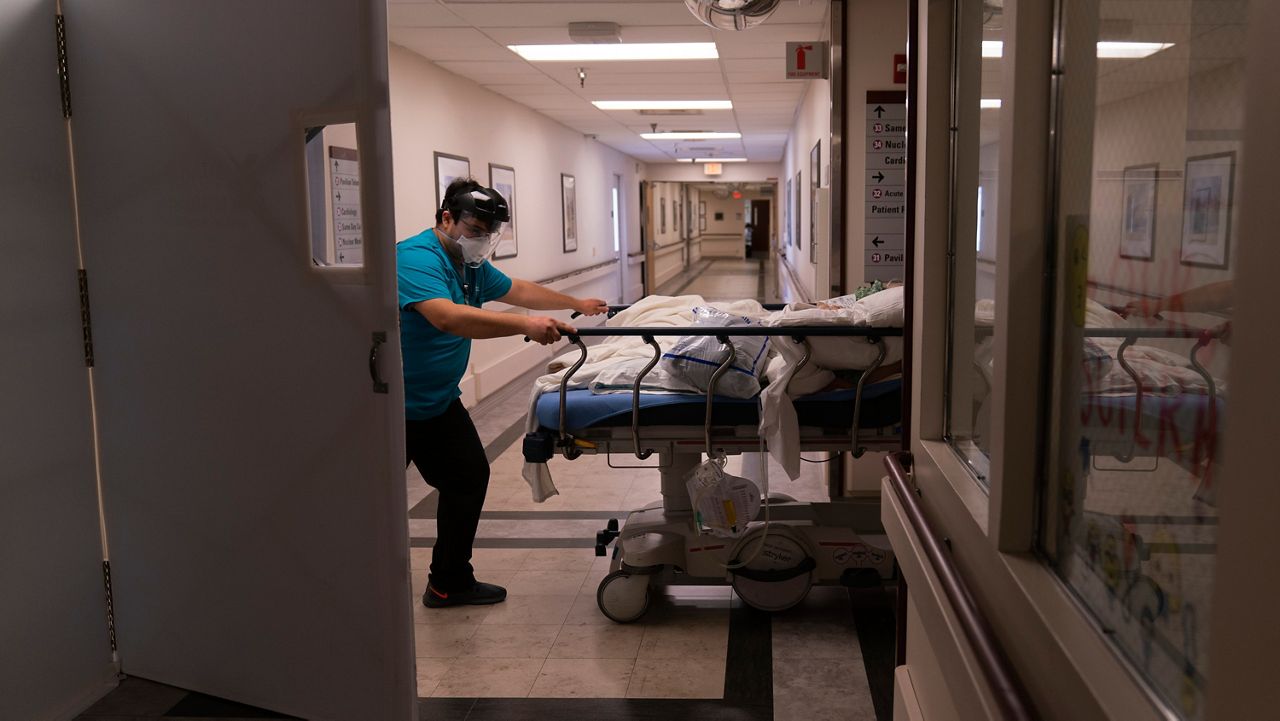
The CDC said protection against COVID-19 "may be decreased" after infection or vaccination for elderly and immunocompromised populations.
"We're at risk of reinfection much sooner than we were before. "Some studies say immunity may last only 30 days," Dr. Pothof added. "Some say it might last [maybe] 3 months..."
But it's hard to know that statistic for sure. Dr. Pothof said an estimated one in seven positive COVID-19 cases get reported, as many people who take at-home tests do not share the results with their health department or primary care physician.







